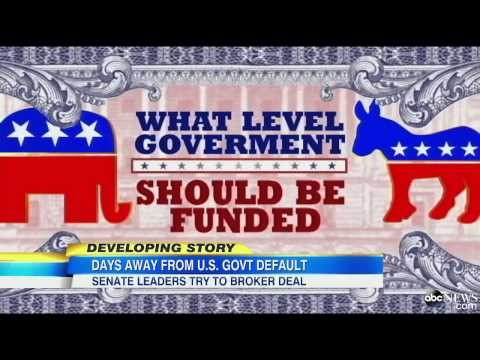CFTC Extends Swaps Deadlines
Post on: 5 Апрель, 2015 No Comment

October 16, 2012
The Commodity Futures Trading Commission has granted relief from swaps requirements that had been scheduled to kick in last Friday.
The CFTC’s Division of Swap Dealer and Intermediary Oversight (DSIO) issued several no-action letters that extend until December 31, the date at which swap participants will be required to register in accordance with various provisions of the Dodd-Frank Act.
One of the no-action letters addresses the swap calculation by certain foreign entities of swaps for purposes of the swap dealer and major swap participant definitions.
The letter provides no-action relief to enable swap market participants to apply a uniform and readily ascertainable standard regarding which swaps, as of October 12, must be included in their calculations under the swap dealer and major swap participant definitions.
European regulators have asked the CFTC to provide more clarity on the cross-border implications of the Dodd-Frank Act, which imposes new requirements to execute and clear most OTC derivatives.
The European Commission is of the view that the CFTC’s proposed “interpretive guidance”, issued in June, requires further review in order to avoid duplicative and conflicting requirements and rules.
“In recent weeks, we have seen buy-side clients take a look at the trading eco-system with respect to U.S. CFTC rules that come into force on October 12,” said Richard Baker, chief executive of Cleartrade Exchange, a Singapore-based ‘recognized market operator’ for global participants in the OTC commodities markets.
“These new rules require participants in the market to register as swaps participants and broker dealers to register as swaps dealer,” Baker said. “They also need to ensure that downstream their clearing member is registered as a futures commission merchant [FCM] and in turn that the FCM is registered with clearing houses that are registered as designated contract markets [DCM]. Firms have been coming to terms with the new requirements and ensure that they are set up for trading, clearing and reporting against the new requirements.”
The CFTC interpretive guidance describes how the agency will consider the application of clearing, trade execution and reporting and record keeping provision under Dodd-Frank to cross-border swaps involving counterparties that are not swap dealers or major swap participants.
The guidance also describes the policy and procedural framework under which the CFTC may permit compliance with a comparable regulatory requirement of a foreign jurisdiction as a substitute for compliance with Dodd-Frank.

The European Commission is concerned that the CFTC’s definition of a “U.S. person” is too broad.
Another no-action letter issued by the DSIO concerns persons required to register in connection with the transition of contracts executed by IntercontinentalExchange (ICE) and CME Group’s New York Mercantile Exchange (Nynex) to clearing as commodity futures and options transactions.
“We have seen buy-side firms struggle to manage an onslaught of new regulatory requirements imposed by the SEC, the CFTC and other regulatory agencies,” said John Schneider, lead partner of KPMG’s investment management regulatory practice.
In the case of ICE, the letter applies to the transition of its cleared ICE OTC energy swap products to energy futures and options contracts traded on ICE Futures US and ICE Futures Europe.
In the case of Nymex, the letter applies to the transition of energy transactions submitted for clearing through CME ClearPort by Exchange of Futures for Risk transactions to energy transactions executed off the centralized market but submitted to Nymex for clearing as futures and options transactions.
The purpose of the no-action letter is to provide ICE/Nymex contract participants with sufficient time for the completion of the registration process, and to relieve the pressure that the “sudden influx of the numerous registration applications” would place on the registration system.














